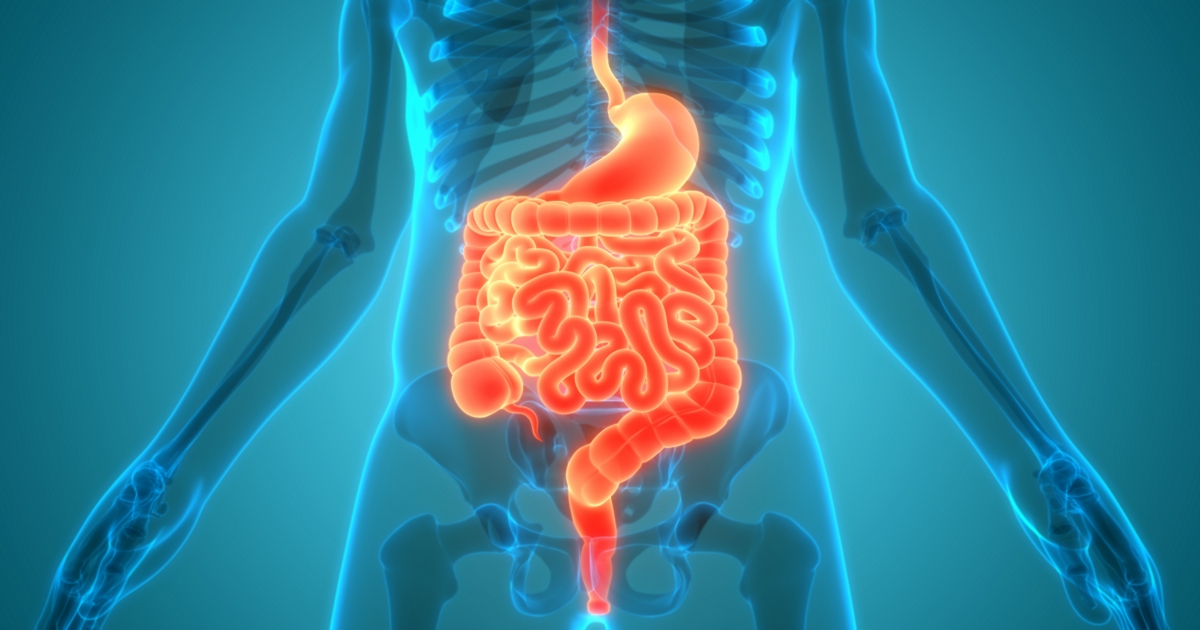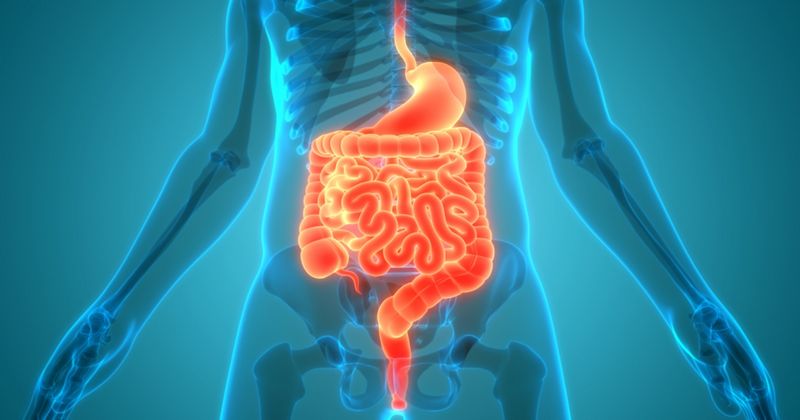Sources/Disclosures
Collapse
Disclosures:
Kao reports no relevant financial disclosures. Please see the study for all other authors’ financial disclosures.

Fecal microbiota transplantation was not effective at inducing clinical or endoscopic remission in patients with Crohn’s disease, according to study results published in The American Journal of Gastroenterology.

Dina Kao
“Our study occurred during the COVID pandemic, which did challenge recruitment and is ultimately part of the reason for early study termination,” Dina Kao, MD, FACG, professor of medicine at University of Alberta, told Healio. “Second, the study intervention was relatively short with only 8 weeks. Third, we also used a very hard outcome, which is endoscopic remission, meaning healing of the intestine 8 weeks after intervention.”

She added, “In a way, we should not be surprised that we did not find a difference between the fecal microbiota transplantation group and the placebo group.”
Previous randomized studies have shown promise using FMT to induce remission in ulcerative colitis and maintaining steroid-induced CD remission, according to study background. Little is known, however, about its efficacy in inducing remission for patients with CD.
Kao and colleagues investigated this in a double-blind, placebo-controlled trial of adults with mild to moderate CD recruited from University of Alberta, University of Calgary and McMaster University.
Eligible participants had a Harvey-Bradshaw Index score higher than 5 and active ileal and/or colonic disease on endoscopy using simplified endoscopic score for CD. Patients could continue treatment with stable doses of oral 5-aminosalicyclates, corticosteroids, immunomodulators and biologics.
Researchers randomly assigned 17 patients (mean age, 48.6 years; 70.6% women) to FMT and 12 patients (mean age, 40.5 years; 58.3% women) to placebo, grouped by disease duration and use of biologics. The first treatment was administered via colonoscopy, followed by weekly oral capsules for 7 weeks.
Clinical and endoscopic remission at week 8 served as the primary endpoint. Secondary endpoints included clinical and endoscopic response, adverse events and health-related quality of life.
At week 8, none of patients in the FMT group and just one in the placebo group had achieved combined clinical and endoscopic remission. Researchers ended the trial, as it was “unlikely to achieve the primary outcome.”
Nine patients in the FMT group and six in the placebo group achieved clinical remission at week 8.
Two patients in the placebo group achieved endoscopic response and one achieved endoscopic remission. No patients in the FMT group achieved endoscopic response or remission.
Clinical response was achieved by 11 patients in the FMT group and eight in the placebo group.
Researchers observed no significant differences between the two groups in clinical or endoscopic responses.
One patient in each group had worsening disease during the study. There were no deaths, colonic perforations or infections as a result of FMT, nor hospitalizations related to CD.
Both groups experienced statistically significant improvements in health-related quality of life. However, patients in the FMT group experienced a significant decrease in activity impairment.
Researchers acknowledged study limitations, including challenges related to treatment receipt at weekly clinical visits and the COVID-19 pandemic affecting enrollment and suspending the stool donor program.
“Crohn’s disease and ulcerative colitis are very different, and likely will require a longer duration of treatment,” Kao told Healio. “We also need to explore other strategies. For example, whether we need to use antibiotics first to ‘clear the field’ to improve donor bacterial engraftment or try to find a way to better ‘match’ a donor to a recipient to improve response or to use an anti-inflammatory diet as an adjunct at the same time.”
She added, “There are still so many unanswered questions.”
Dina Kao, MD, FACG, can be reached at [email protected].